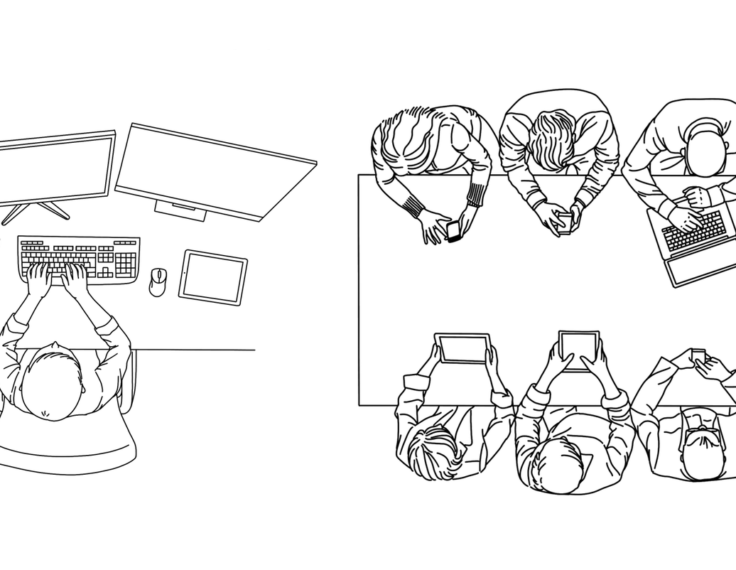Explore All Articles
All Articles
Article Topic

COVID-19
Meme factory cultures and content pivoting in Singapore and Malaysia during COVID-19
Crystal Abidin
This paper is a qualitative ethnographic study of how a group of meme factories in Singapore and Malaysia have adapted their content programming and social media practices in light of COVID-19. It considers how they have fostered, countered, or challenged the rise and spread of misinformation in both countries.

Misleading tobacco content is on the rise on YouTube
Daniel Romer, Zachary Reese and Patrick E. Jamieson
A content analysis of popular videos on YouTube containing tobacco-relevant material revealed five categories of misleading content about tobacco use in 2013. A re-examination in 2019 of the most heavily viewed exemplars of these categories identified in 2013 revealed a striking increase in viewership in all categories but especially in the portrayal and promotion of vaping.

How trust in experts and media use affect acceptance of common anti-vaccination claims
Dominik Andrzej Stecula, Ozan Kuru and Kathleen Hall Jamieson
Surveys of nearly 2,500 Americans, conducted during a measles outbreak, suggest that users of traditional media are less likely to be misinformed about vaccines than social media users. Results also suggest that an individual’s level of trust in medical experts affects the likelihood that a person’s beliefs about vaccination will change.

Answering impossible questions: Content governance in an age of disinformation
John Bowers and Jonathan Zittrain
The governance of online platforms has unfolded across three eras – the era of Rights (which stretched from the early 1990s to about 2010), the era of Public Health (from 2010 through the present), and the era of Process (of which we are now seeing the first stirrings).
